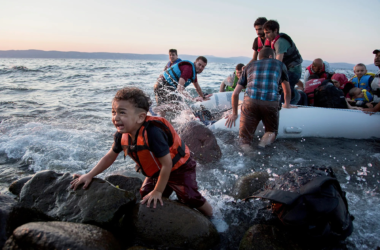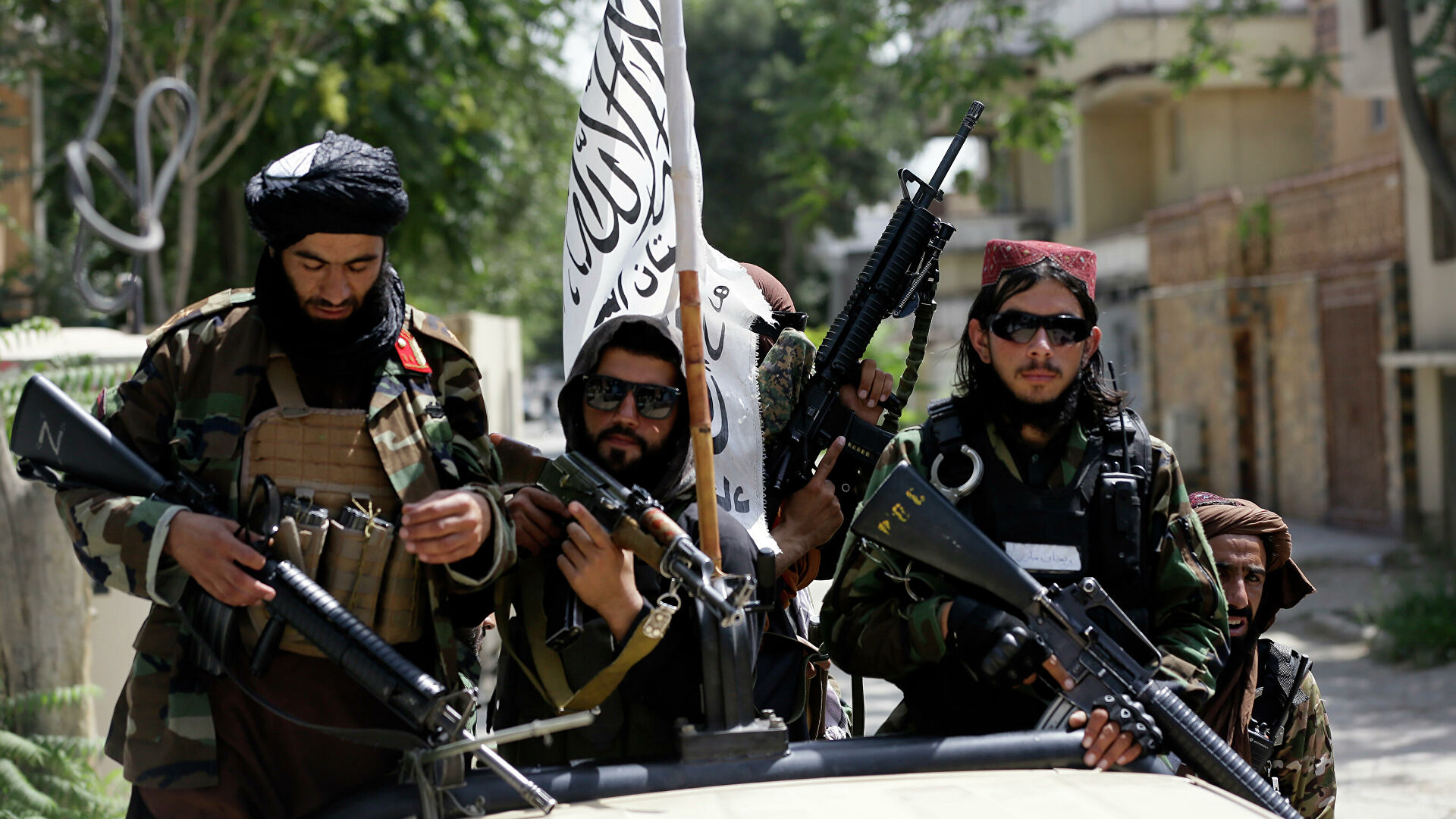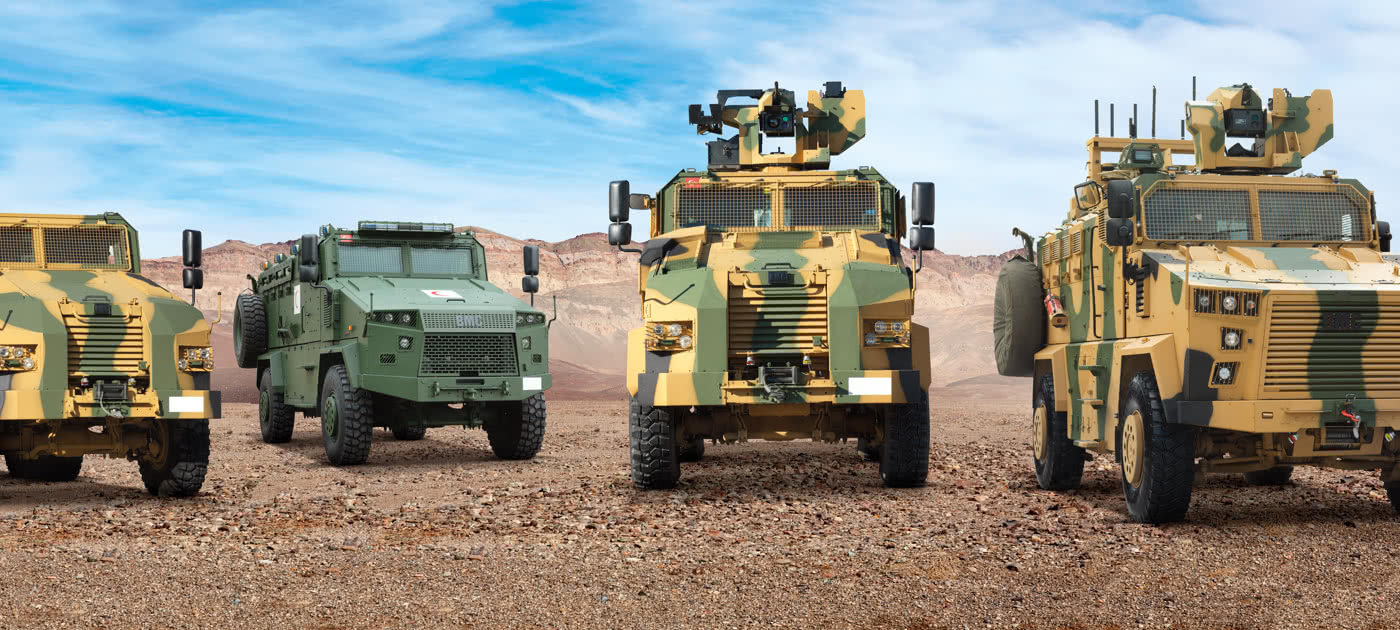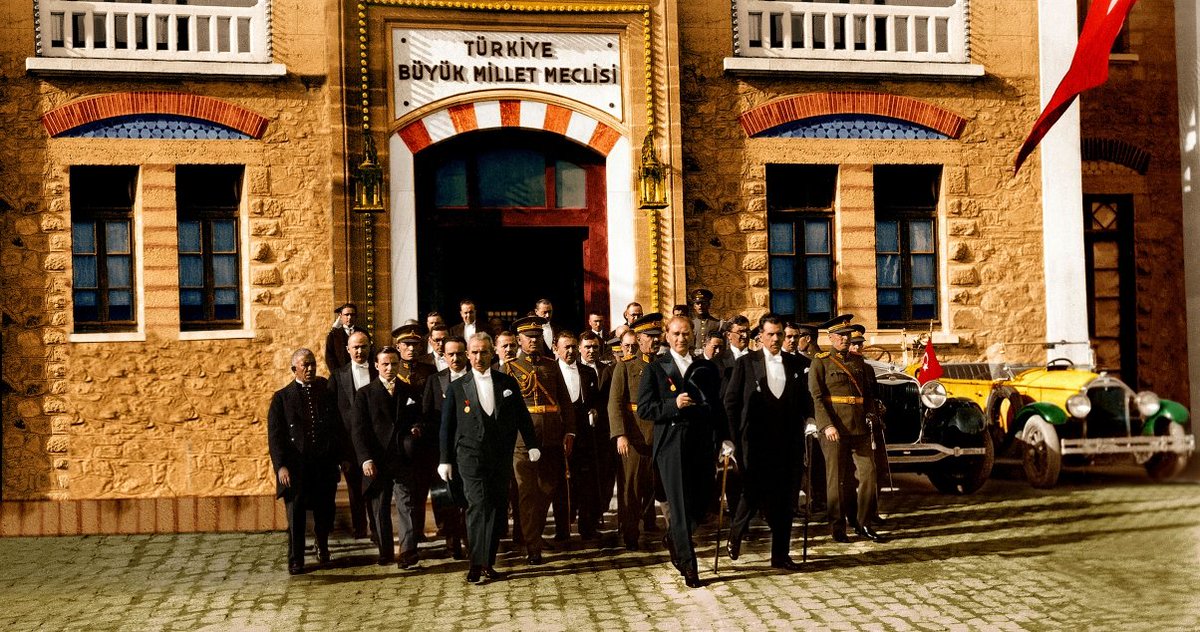Abstract
After the devastating world wars, all states desired stability and peace in order to recover their casualties. States needed international organizations in order to promote and create peace via functional structures. Every international organization is created and given competence in order to fulfill its raison d’etre. United Nations was established by the member states to improve their relations and create collaborations on various subjects. This competence gives power to the organization but it also ensures it is not intervening in the sovereignty of the states and must not become too powerful or autonomous. This article is written with the aim of firstly explaining the purposes, qualifications, and actions of the United Nations and then examining its effectiveness with examples of the challenges of state sovereignty, great power hegemony, and structural errors.
Keywords: United Nations, The Security Council, Reform, Great Power
Introduction
United Nations, which is the successor of the League of Nations, was established with the major purposes and unique power competence engrained in its founding Charter. United Nations’ main purposes are explained in the first article of its Charter as maintaining international peace and security, creating smooth relations between members, and promoting collaboration in order to solve international crises on various subjects. Purposes are trying to be implemented and protected through the bodies of the UN. The principal bodies of the United Nations are composed of The Security Council, The General Assembly, The Economic and Social Council, the Trusteeship Council, The International Court of Justice, and The Secretariat. These bodies have many main and subsidiary bodies which work on specific subjects and also have different competence to fulfill their missions.
The principal and subsidiary bodies of the United Nations have different influences on different matters. One of the successes of the UN is that it is circulating many norms such as refugee rights, migration, equality on rights and education, clear water problem, climate change, and many others via subsidiary committees and councils. Especially with the movements such as UN Sustainable Development Goals are creating new goals and policies in order to not to let anyone, any state behind. They are developing projects, working with volunteers and experts, and creating aid and fund systems to emplace these values in societies and help the lives who need it. Consequently, with all these efforts to give a fillip to the people and to take action on the humanitarian crises, The United Nations has been successful in reducing the effects of casualties on various matters.
Through the process of making these resolutions, the UN representatives and committees create a place where the great powers can cooperate and meet on the same ground. The cooperation of the great powers leads other states to follow and carry out the policies since they are the big influencer in their region and around the world. The UN also is assisting great power in cooperation in times of disputes just as in the Cold War period. At the United Nations, the Cold War generated congestion, which appeared to be the polar opposite of cooperation. The Cold War, on the other hand, underlined the importance of the Security Council as a diplomatic tool. The Cold War’s parties never stopped communicating with one other through the UNSC (Nadin, 2019, 13).
On the other hand, conflicts are one of the major constituents in order to actors to show their influence in international relations. Unfortunately, the UN has been failing to take quick responses and actions in many important conflicts such as Palestine-Israel, the Rwandan Genocide, Ukraine- Russia, and Syria. The reason for the delay in the responses is generally the interlocking interests of UN Security Council permanent members. The UN is devoid to address regional and global conflicts and fails to keep its first promise which is to maintain international peace and security. It causes disbelief in the societies against the United Nations resulting from the expectation and result gap of the UN actions. The necessary steps are knotted by the process because of the veto rights of the 5 permanent members. Since the UNSC is the main organ to create actions on such matters, they are responsible for the failure of this purpose. In the further parts of this article, there will be a look at three of the UN principal organs which are The General Assembly, The International Court of Justice, and The Security Council, their critics through examples, and possible reform assessments.
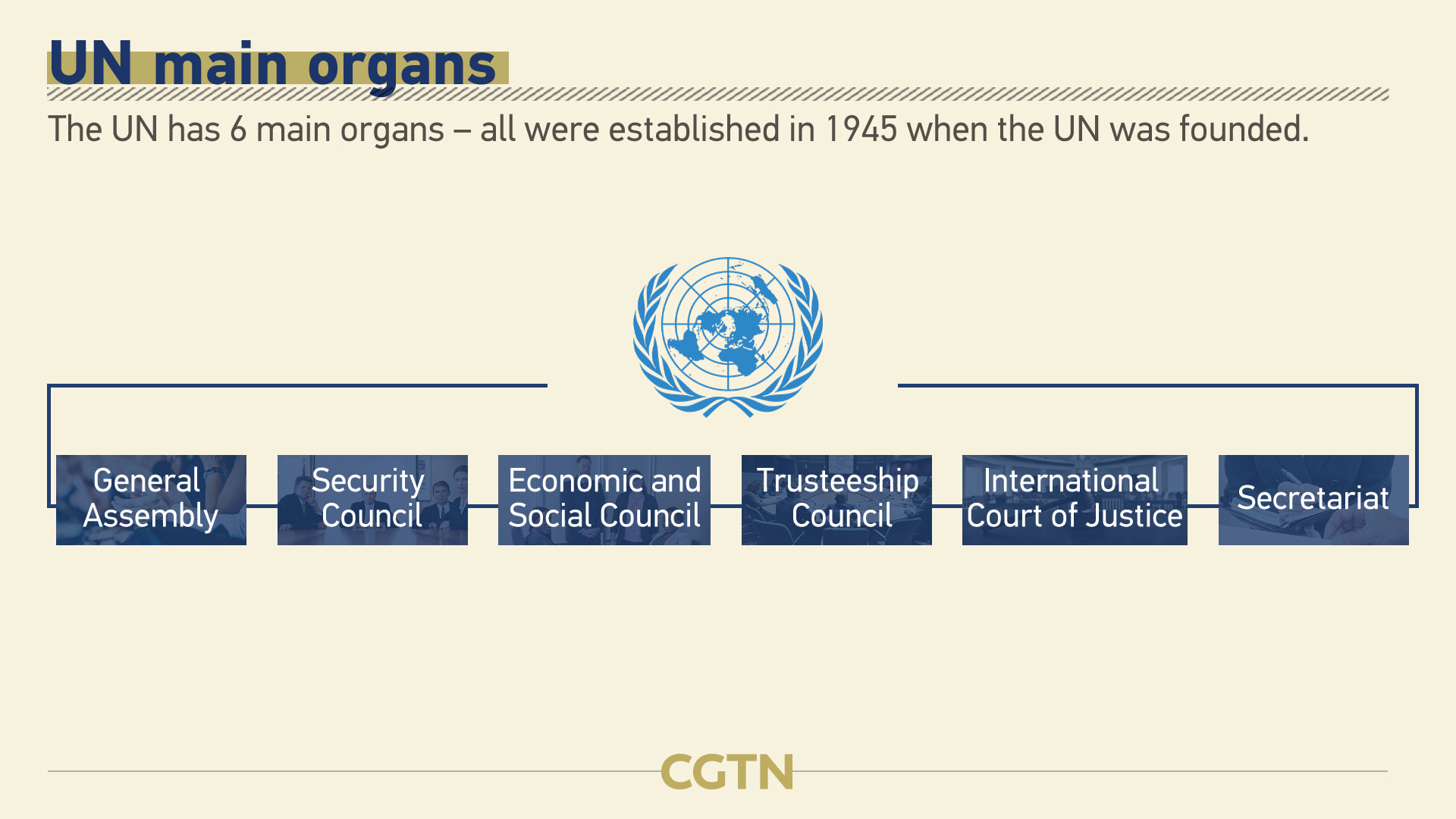
United Nations Principal Organs and Their Purposes
2. a. The General Assembly
The General Assembly (GA) is the United Nations’ principal deliberative body. It includes one representative from each member state, with one vote each. It is the legislative body that holds all of the general debates upon political collaboration, international law matters, and international cooperation in the “economic, social, cultural, educational, and health domains,” as well as support the realization of “human rights and fundamental freedoms” and makes recommendations upon these subjects. (Trent & Schnurr, 2018, 41). The GA can not create resolutions on the subjects that need to be held by the UNSC, which generally include collective sanctions and peacemaking operations.
The General Assembly has six main committees which are First Committee – Disarmament and National Security, Second Committee – Economic and Financial, Third Committee – Social, Humanitarian, and Cultural, Fourth Committee – Special Political and Decolonization, Fifth Committee – Administrative and Budgetary, Sixth Committee – Legal.
As seen in their names, they are focusing on different important subjects. The First Committee is responsible for dealing with disarmament, global difficulties, and threats to peace that affect the global community, as well as finding answers to the challenges that the international security system faces. The Second Committee The Second Committee is a key tool for achieving internationally agreed development goals, such as the Sustainable Development Goals (SDGs). They are creating financial plans in order to increase the efficiency of the goals. Agenda items dealing with a variety of social, humanitarian, and human rights matters that affect individuals around the world are assigned to the General Assembly’s Social, Humanitarian, and Cultural Affairs Committee. Decolonization, an international collaboration for peaceful uses of outer space, consequences of atomic radiations, refugee reassurance, and special political missions are all under the purview of the Fourth Committee. The General Assembly’s Fifth Committee controls the Organization’s administrative operations and determines its spending. The Sixth Committee is the major platform for the General Assembly’s examination of legal issues. As one of the main organs of the General Assembly, all UN Member States have their representatives in the Sixth Committee.
The General Assembly is the place that had been the roof for many multilateral treaties. The GA discussed and created many important conventions in the international area. Member states need to show their consent to be bound by the treaty via ratification and be a state party to the conventions since they are sovereign entities. Some of the important conventions adapted by the UNGA can be listed as the Convention on the Rights of the Child, International Covenant on Civil and Political Rights, Genocide Convention, Convention on the Political Rights of Women, and many others. As seen in the examples, The GA has been a home for international law and human rights for a long time.
The United Nations General Assembly is commonly referred to as the organization’s “democratic” organ since every member has one vote and one representative. If the qualifications of the General Assembly are “democracy” and “equality,” they plainly do not apply—and were not intended to apply—to the Security Council (Blum, 2005, 645). Inherently, all members can not be present and have veto rights at the same time in the UNSC because it would decrease the effectiveness of the Council and would make the process slower. However, the dependent decision-making process on great powers and their opacity interests in the international area causes more damage to the UN and its purposes.
There are also complaints about GA’s ineffective processes. It has been accused of neglecting to reach decisions on issues that have damaged the policies and values themselves. There are ideas for ‘weighted voting,’ which would combine a country’s population and economic contributions with its vote as a state, to address these flaws. It is evident that reforms are required to persuade important stakeholders to reassess the UN as an advantageous platform for global decision-making (Trent & Schnurr, 2018, 38).
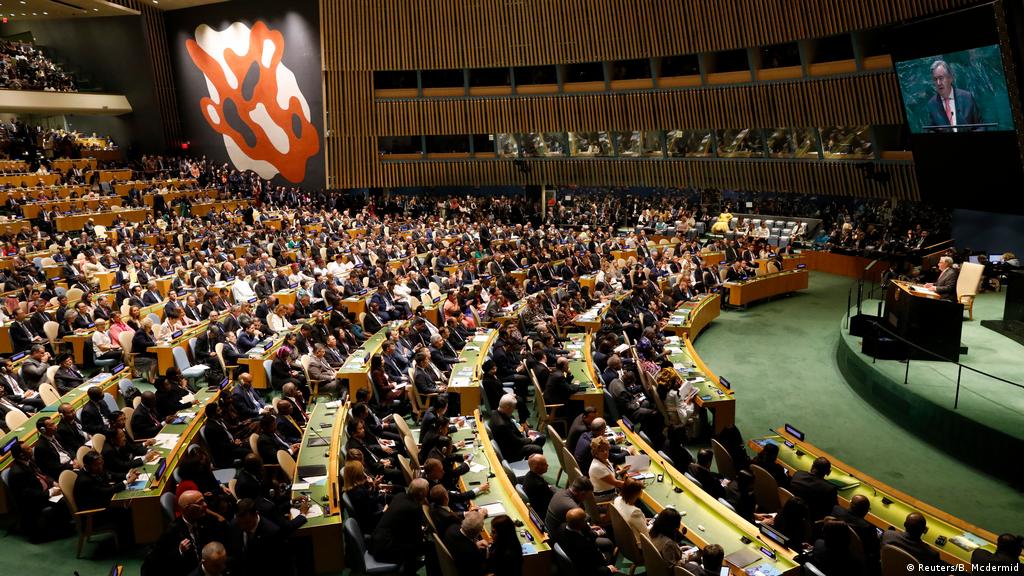
2.b. The International Court of Justice
The primary function of the International Court of Justice is to resolve legal disputes between states in conformity with international treaties. The decisions of the International Court of Justice are final and irreversible for the parties involved. Moreover, Article 94 of the United Nations Charter, provides for an appeal to Security Council action in the case of non-compliance with an ICJ judgment, however, it is important to note that in reality, prevailing states do not use this procedure (Donoghue, 2014, 114). Second, the Court provides legal advice on matters presented to it by UN organizations and agencies.
The General Assembly established the International Law Commission to promote the gradual transformation and codification of international law. Preparing drafts of areas of international law and submitting them to the GA is a big part of their job. Many conventions and draft treaties are recognized as legal referencing texts in international law. The United Nations Convention on the Law of the Sea, with its 320 articles and nine annexes, is one of the world’s most comprehensive agreements. All activities in the oceans and seas are now universally regarded as being managed by the Convention, which has 165 state parties.
One of the duties of the International Court of Justice is to assist the hybrid courts such as the International Criminal Tribunals for the former Yugoslavia and for Rwanda, Cambodia, and Lebanon. International Criminal Court also has a kind of partnership with the UN that the UNSC can consign cases to the ICC. However, ICC is not working under the ICJ but there is communication between courts (Trent & Schnurr, 2018, 45).
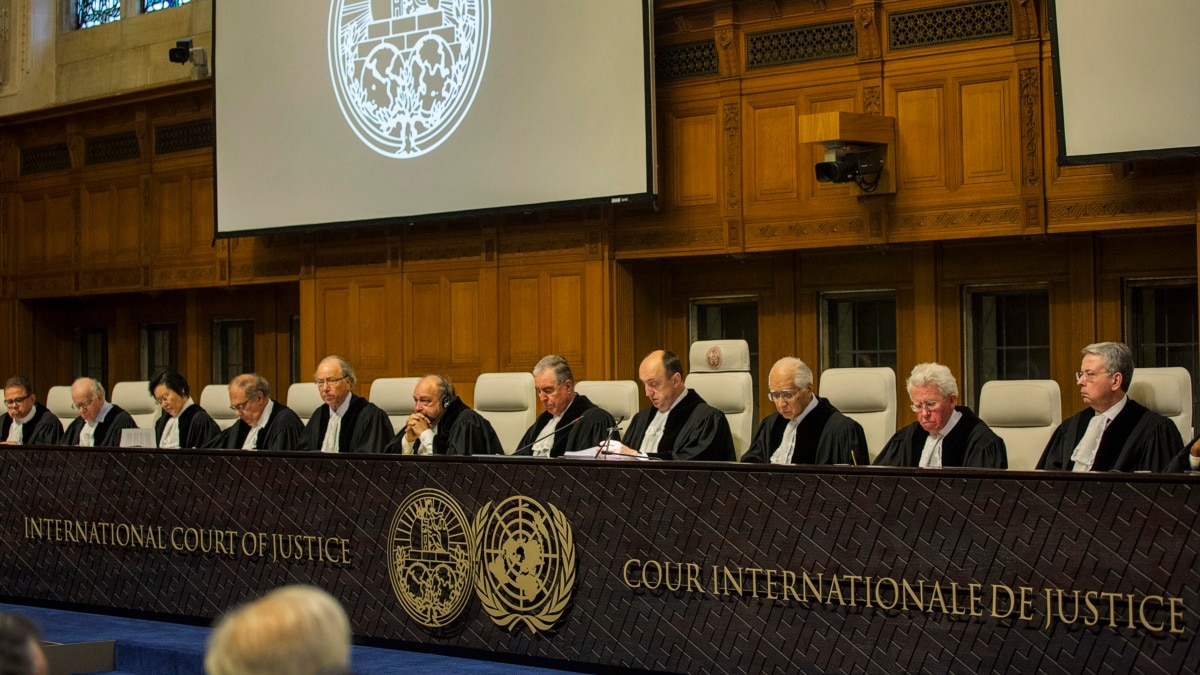
2. c. The Security Council
One of the major struggles of the United Nations in maintaining international peace and security via creating smooth relations between states. Being absent in the terms of the conflicts and war is damaging the reputation of the UN. The main principal body to take action in such cases is The Security Council. Due to the structural and political errors of the Council, there are many critics of the effectiveness of the UN. The Security Council consists of 5 permanent members which are the great powers of international relations. The remaining ten members are non-permanent and are elected by the UN General Assembly for two-year periods. The permanent members are the United States of America, the United Kingdom, France, Russia, and China. The League and the United Nations have substantial distinctions on the subject of UNSC. The Security Council was created to act whenever its members reach a consensus. In the case of the League, due to the interests of these great powers, the League failed to promote cooperation.
Therefore, in the new organization, the Permanent Five members were granted vetoes to ensure that they did not have to leave the UN to safeguard their interests. The power that is given to the UNSC does not end here. It is the only body to create binding decisions for member states with its resolutions. This competence is stated in article 25 of the UN Charter as every member agrees to accept and carry out the decisions of the UNSC.
The authority that is given to the UNSC comes with great responsibilities. The first purpose of the UN which is maintaining international peace and security is the main duty of the UNSC. The Great Powers of the world come together to examine the conflicts that could affect nations and they have the authority to make decisions affecting the fate of governments, to establish peacekeeping missions, to establish tribunals to try individuals accused of war crimes, to impose economic sanctions on misbehaving governments, and, in extreme cases, to declare a country fair game for corrective action by other member states (Trent & Schnurr, 2018, 36).
Establishing peacekeeping missions and creating sanctions on the subjects of weapons, trade, or diplomatic relations and on other topics can be seen most powerful tools of the UNSC because they ensure every member state carries out these binding decisions which create collective actions against the conflict. However, as stated before these tools can only be applicable when the P5 states reach a consensus. This agreement between P5 members is very rare since they all have different vital national interests. They can and are using their veto rights in order to fail the resolutions which can affect their or their allies’ benefits. This situation had seen in the Israel-Palestine, Ukraine-Russia, and Syria conflicts. These conflicts affected and still affect regions’ stability, and peace and also causes many casualties for innocent people around the world.
The United States of America is one of the most influential P5 members in the UNSC. The reason for this dominance is not only coming from its global power in the economy, military, or diplomatic relations but it is also coming from its contributions to the UN Regular Budget. Since 1945, the United States has been the world’s greatest financial contributor to the United Nations. The United States’ 22 percent contribution in 2019 was more than $10 billion (Runde, 2020, 4). Financial aids are one of the most important components of the projects created under the UN. Therefore, the contribution of the USA creates an advantage for every member state. On the contrary, the influence of the USA in UNSC, and its blocks in other committees create difficulties for the opposing views. Especially, the United States of America has used its veto considerably more than any other permanent member, most often to prevent measures that it considers to be harmful to Israel’s interests.
The United Nations Security Council resolution condemning Israel’s use of force against Palestinian civilians is an important example of this veto. Despite the fact that the United States’ support for the Israeli occupation policy is mostly focused on the country’s support for perceived US security objectives, such as assistance for its allies abroad, this posture precludes human rights organizations from taking action when breaches occur.
On the other part, Russia and China have used their veto more frequently, with the Syrian war accounting for the majority of these. Since 2011, Russia has exercised 19 vetoes, 14 of which have been about the conflict in Syria. During this time, eight of the nine Chinese vetoes were over Syria, and one was over Venezuela (Martin, 2020, 2). When the conflict was going on in Syria, due to the Chinese and Russian vetoes in the UNSC, the United Nations General Assembly requested that the Secretary-General designate a special envoy to assist the League of Arab States (LAS) in mediating between regimes. However, because of the unanimous military and political support of states to the conflict parties and ineffective negotiations of LAS, it only achieved only temporary local ceasefires. It ended up with the suspension of the membership of Syria. The influence of great powers in Syria caused The UN mission in Syria to be forced to choose between legitimizing the Russian approach or distancing itself and losing up to the influence of major powers. This prohibited effective coercive measures from being implemented, such as an arms embargo, a no-fly zone, or even a peacekeeping force, which would have put pressure on the parties to the conflict, averted human rights violations, and helped to calm the situation (Asseburg, 2018, 42-43).
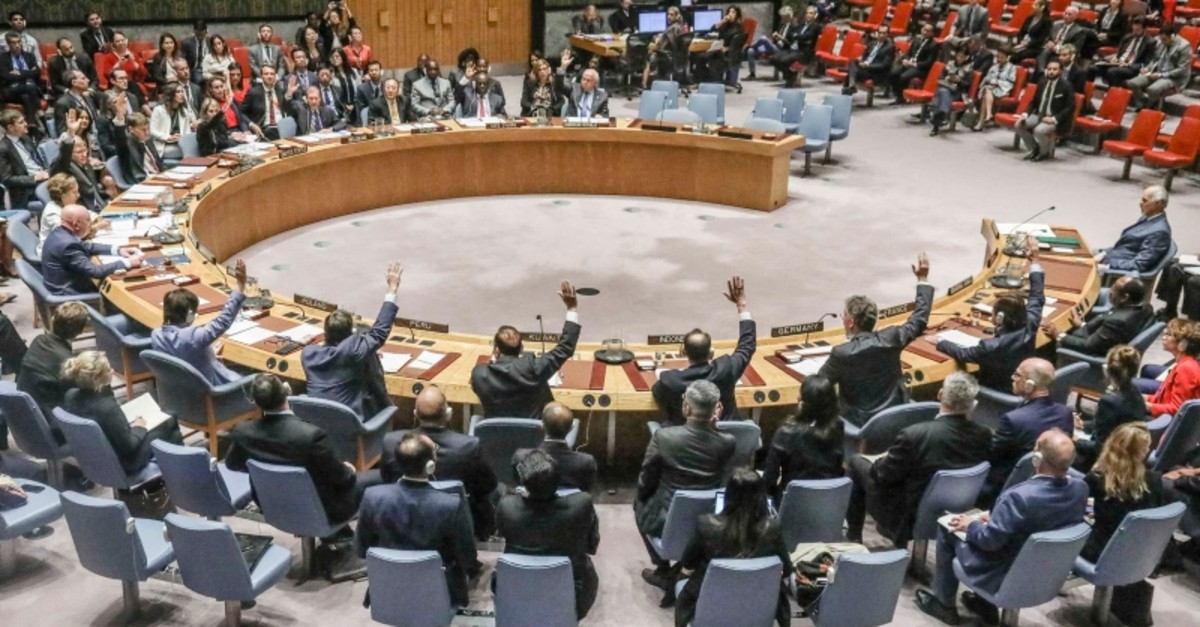
Throughout the crisis between Russia and Ukraine, since Russia’s act of aggression in 2022, Russia used its veto rights to fail the draft resolution which calls for Russia’s withdrawal from Ukraine. In General Assembly, the resolution that was stating condemning the Russian acts in Ukraine has passed thanks to the majority voting process of the committee. Also, the Human Rights Council passed a resolution to create a commission of inquiry in order to investigate acts of aggression by Russia in the region. However, due to the lack of UNSC actions, the main effective collective measures couldn’t be taken by the member states. All the nations started to create their own policies and sanctions against Russia which prolonged the conflict period.
Great Powers’ interests are also causing them to act in their own favor in the terms of mediation which leads to another UN peace mission failure. Mediation is a technique of negotiating with a neutral third party who assists the parties in settling their differences. The parties have complete and unrestricted decision-making authority during mediation. The mediator does not determine what is legal or right to assign blame or provide a judgment on the case. Instead, the mediator serves as a balancer between opposing interests, attempting to bring them together by clarifying issues and reducing communication barriers while also leading and guiding the process to reduce confrontation and ill will (Mediation Defined: What Is Mediation?, n.d.). Mediations are one of the ways that UN organs use to create diplomatic negotiations and ceasefires in conflicted areas. However, the P5 members’ and regional powers’ policies during the mediation and negotiation periods, get in the way of the UN and create more problematic environments. This causes the UN to leave that conflict to the hands and influence of the major powers.
These conflicts aren’t only about local power struggles; they also provide a stage for opposing international powers to compete. Because powerful states reject the inclusion of all key local and external actors in the negotiations, this international dimension makes it more difficult.
In conclusion, as explained with the examples above due to the voting system of the UNSC and the usage of vetos by great powers for their interests, United Nations has been failing to abide by its first word to maintain peace and security in the international area. This causes parties of the conflict and even the third parties not to rely on the UN system. They are also not choosing the UN as a political platform to protect their national interests.
For these reasons, there had been proposals for the UNSC to be reformed. In the next part of this article, there will be an examination of the proposals for the UNSC reform.
Proposals for UN Security Council Reform
3.a. Types of proposals for UNSC Reform
3.a.1. Uniting for Consensus
The group Uniting for Consensus, led by Italy, Pakistan, Argentina, South Korea, and Mexico, wants to expand the number of non-permanent members to 20. Six from Africa, five from Asia, four from Latin America and the Caribbean, three from Western European and other groups, and two from East European countries would be elected as non-permanent members on a regional basis (Sarwar, 2011, 267).
3.a.2. The African Union
The African Union plan, which was the outcome of the AU Summit in Libya, calls for the Security Council to be expanded to twenty-six members, including six permanent members and five elected members. The proposal also calls for all new permanent members, which want two-seat for themselves, to have complete veto power.
3.a.3. Kofi Annan
Former United Nations Secretary-General Kofi Annan suggested two options for UNSC reform. In ‘Model A,’ he proposed the creation of six new permanent members: the G4 countries plus one African country and one Arab League country. He also suggested adding three seats for non-permanent members. In ‘Model B,’ he proposed that the number of permanent members is kept the same, but that eight seats be added for member nations who would serve four-year terms with the option to renew with the consent of the General Assembly (Sarwar, 2011, 268).
3.a.4. Intermediate Approach/Model
The ‘Intermediate Approach’ has piqued the interest of member states and interest groups during intergovernmental negotiations (IA). It proposes ‘Long-Term Non-Permanent Seats,’ which would be elected based on geographic representation and would serve for a period of three to 15 years (Sarwar, 2011, 268).
As a matter of course, representation of other regions would create more equality and transparency. However, it would create so many questions such as how will the states choose their regional representative? How will they ensure the protection of their national interests? When all the types have been considered the question that is arising is “If 5 major powers can not agree on one subject, how more seats are going to ensure the cooperation of permanent and non-permanent states?” Furthermore, giving more states more veto rights can not ensure the effectiveness of the Council because the interests of new members will be leading their own decisions. Therefore, it can not increase the Council’s ability to make decisions and take more quick actions.
Besides that, the ones that are demanding their permanent seats have different negative sides such as India, Germany, Brazil, and others. In the case of India besides its limited contribution to the UN regular budget, it is a state that not following the decisions of the UNSC in the conflict of Kashmir. Germany’s position is different from India’s. It’s a powerful country with a good contribution to the UN Budget and peacekeeping missions. However, due to the permanent seat of France, which is a powerful country in the EU like Germany, it would lead to an excess of European country representation (Sarwar, 2011, 270).
If there will be an enlargement in the numbers of permanent or non-permanent members, it should be increasing the effectiveness of UNSC decisions and it also needs to create more transparency rather than creating more conflicts and knots in the process. The reform of the UNSC should divide the authority which lies in the hands of great powers to the other regions.
Conclusion
Throughout the discussion made in this article, it clearly can be seen that the major error in the system of the United Nations starts with the Security Council and its structure. Major powers, the permanent members of the UNSC, are using this important international organization as a place to secure their national interests. Due to its tardy or unsuccessful responses, the UN is unable to prevent war crimes, genocide, and other tragedies. All of these factors contribute to a loss of moral authority as a result of inconsistencies in responding to human rights breaches. States are not choosing the UN and its bodies as an efficient platform to discuss their problems and solve the conflicts that they are involved in.
On the contrary, from the establishment of the UN, its most important duty was to create a ground where all the major powers of the world meet even if they are on opposite sides. If there was no veto right to protect their national interests, great powers would not accept a seat in the United Nations. As seen in the structure of the European Union, which is a sui-generis supranational construction, European countries gave up some of the pieces of their sovereignty in order to be in unity. The great powers would not let any mixed alliance organization take a piece of their sovereignty since its the reflection and protection of their interests. Therefore, the United Nations Security Council is meant to be created in this way for major powers not to leave the UN.
In conclusion, the veto rights of the permanent members can not be changed but the number of seats in the council can be increased. If it is going to be physicalized by the member states, the process and steps should be made cautiously. Even if the reforms would not found applicable by the member states, the United Nations can seek its existence through the other subjects on which it’s effective. The cooperation of major powers on other subjects is still as much important as the conflicts. The major powers of the world are going to seek their survival, power, and interests at all times. Therefore, there should be a place where they never stop communicating with the presence of third parties. The United Nations will be the place where they negotiate and discuss even in times of disputes. This is why the belief in the UN should never decrease.
References
- Asseburg, M. (2018). UN Mediation in Syria. Stiftung Wissenschaft und Politik, 5-60.
- Blum, Y. Z. (2005). Proposals for UN Security Council Reform. The American Journal of International Law, 99(3), 632-649. https://www.jstor.org/stable/1602295
- Donoghue, J. E. (2014). The Effectiveness of the International Court of Justice. American Society of International Law), (108), 114-118. https://www.jstor.org/stable/10.5305/procannmeetasil.108.0114
- Martin, I. (2020). The Security Council Veto. Security Council Report, 1-19. https://www.securitycouncilreport.org/atf/cf/%7B65BFCF9B-6D27-4E9C-8CD3-CF6E4FF96FF9%7D/working_methods_veto.pdf
- Mediation Defined: What is Mediation? (n.d.). JAMS. Retrieved April 1, 2022, from https://www.jamsadr.com/mediation-defined/
- Nadin, P. (2019). The United Nations. AQ: Australian Quarterly, 90(4), 11-17. https://www.jstor.org/stable/10.2307/26773344
- Runde, D. F. (2020). Competing and Winning in the Multilateral System U.S. Leadership in the United Nations. Center for Strategic and International Studies (CSIS), 1-9. https://www.jstor.org/stable/resrep24768
- Sarwar, N. (2011). Expansion of the United Nations Security Council. Strategic Studies, 31(3), 257-279. https://www.jstor.org/stable/10.2307/48527660?seq=1&cid=pdf-
- Trent, J., & Schnurr, L. (2018). Evolving International Organizations: the UN Past and Present. In A United Nations Renaissance (pp. 22-55). Verlag Barbara Budrich. https://www.jstor.org/stable/j.ctvdf03xp.6


